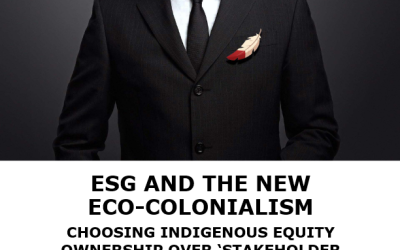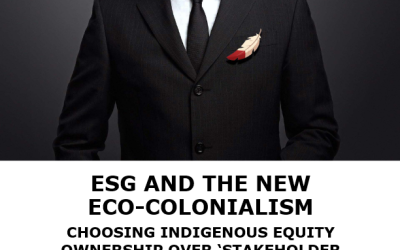Former prime minister Paul Martin testified earlier this month before a Senate committee in support of Bill C-292, the Kelowna Accord Implementation Act. This private member’s bill gained approval of the House of Commons with the support of the three opposition parties and should pass through the mainly Liberal upper house easily enough.
Martin knows that for the past three centuries in parliamentary democracies, private-member’s bills cannot commit the government to spend money. As the Speaker, Peter Milliken, put it, there is a distinction between bills that approve certain objectives and bills that approve the ways and means, namely money, by which the approved objectives are obtained. Thus Martin is asking the Senate and the rest of us to look at C-292 on its merits, knowing full well the implementation costs — on the order of $5 billion — are irrelevant.
The title indicates Martin’s objective: he wants Ottawa to implement the Kelowna Accord. “The spirit of Kelowna will prevail,” he told the senators. It will “replace despair with hope” and initiate “the beginning of a new era.” The government would be “immoral” to scrap the Accord because it celebrates the lofty intention of closing several gaps between aboriginals and Canadian citizens. Besides, Martin warned, if the Accord is not implemented we may expect further confrontation and protest. A week later Phil Fontaine promised as much.
As Fontaine knows and even Martin must sense, the great problem with native communities is not underfunding but the absence of transparency and responsibility in the way that money is delivered and spent. That is why there were such strong objections from aboriginal leaders to the announcement the government was going to introduce audit requirements.
It is also why the main beneficiaries of the current system- the legion of chiefs and grand chiefs, national chiefs and other petty band leaders- have (with a few honourable exceptions) noisily opposed any change in an organization that delivers to them the pleasures of power without accountability. All they ever wanted (and all the spirit of Kelowna promises) is additional and larger gifts of money from Canadian taxpayers.
While Martin was delivering his plea to continue along this tearful trail of failure, Joseph Quesnel, a Quebec Métis, wrote a useful study published by the Frontier Centre for Public Policy, a growing and imaginative think-tank headquartered in Winnipeg.
Quesnel modified a UN “human development index” to compare the well-being of Canadian aboriginals with those in New Zealand, Australia and the U.S. The study showed that in terms of life expectancy, health and educational achievement Canadian natives, despite contrary claims of aboriginal leaders, are much better off than they were in 1990. The interesting comparison, however, was with the much greater improvement, especially in terms of income, experienced by the Maori population of New Zealand.
In keeping with the commonsensical approach the Frontier Centre has taken with other public policy questions, Quesnel then asked: what can indigenous people in Canada learn from the Maori?
Granted that the Maori constitute a more homogeneous population than Canadian aboriginals, the most important difference is they are not recipients of dependency-inducing annual handouts.
They get a one-time lump-sum payment that is typically used as a revenue producing investment.
Because the Maori do not live on reserves they are integrated into the New Zealand economy.
Indeed, Maori tax contributions exceed fiscal transfers to them and the Maori economy is more productive than the national economy.
Economic self-sufficiency has increased their cultural pride and enables them to assert their own culture rather than have government bureaucrats and the chiefly hired help do it for them.
Amazingly enough, 20 per cent of New Zealand MPs are Maori.
The chief conclusion Quesnel drew from this comparison is reserves are the major source of the problem of impoverished Canadian aboriginals.
There are undoubtedly problems for Indians who live off-reserve. But for most it is the only way they can become part of the Canadian economy and escape the well attested communal problems of corruption, nepotism and factionalism of reserve life as well as the individual problems of alcoholism, domestic abuse, and suicide.
If the best way of escaping the limitations of reserve life is to leave, no wonder more than half of Canadian natives now live off-reserve. Despite the malarkey about the “spirit of Kelowna” the trend is likely to continue well into the future.
There is no reason why aboriginal people living in this country should not follow the lead of the Maori.


